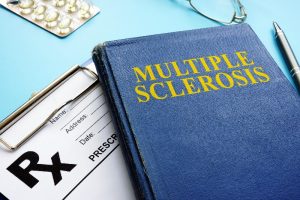
(HealthDay News) – Juul Labs on Wednesday reached a $462 million settlement with several states over the aggressive marketing of its electronic cigarettes to minors. This latest settlement includes New York, California, Colorado, the District of Columbia, Illinois, Massachusetts and New Mexico. Juul settled with West Virginia earlier this week. The company has already agreed already to pay out more than $1 billion to 47 states and territories, Juul Labs said in a statement. “The terms of the agreement, like prior settlements, provide financial resources to further combat underage use and develop cessation programs and reflect our current business practices,” Juul spokesman Austin Finan told the New York Times. The latest settlement represents a near “total resolution of the company’s historical legal challenges and securing certainty for our future,” he added. Finan noted that federal data shows that underage use of Juul products has declined 95% since 2019. State attorneys general in New York and California alleged that their investigations found that Juul executives knew their marketing was attracting teens, the Times reported. “Too many young New Yorkers are struggling to quit vaping and there is no doubt that Juul played a central role in the nationwide vaping epidemic,” New York Attorney General Letitia James said in a statement on the settlement. While the company hasn’t admitted wrongdoing, its payments to plaintiffs in earlier lawsuits… read on > read on >





































